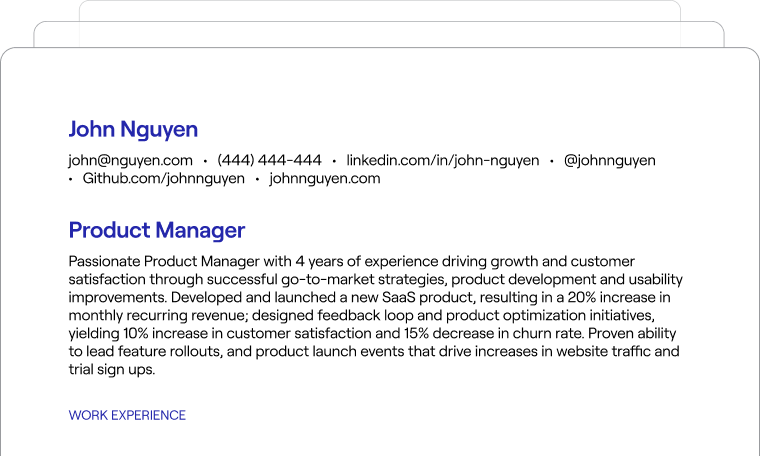Data Engineer
Oregon Health & Science University
478d•Remote
This job is no longer available
There are still lots of open positions. Let's find the one that's right for you.
About The Position
The Data Engineer will play a crucial role in advancing the CDC Foundation's mission by designing, building, and maintaining modern data infrastructure for the Northwest Portland Area Indian Health Board (NPAIHB) Data Hub project. This position is aligned with the Workforce Acceleration Initiative (WAI), which aims to support public health agencies with technology and data expertise. The Data Engineer will collaborate with various stakeholders to develop scalable solutions that enhance the capacity of Tribal public health departments, ensuring effective data management and analysis to improve health outcomes in their communities.
